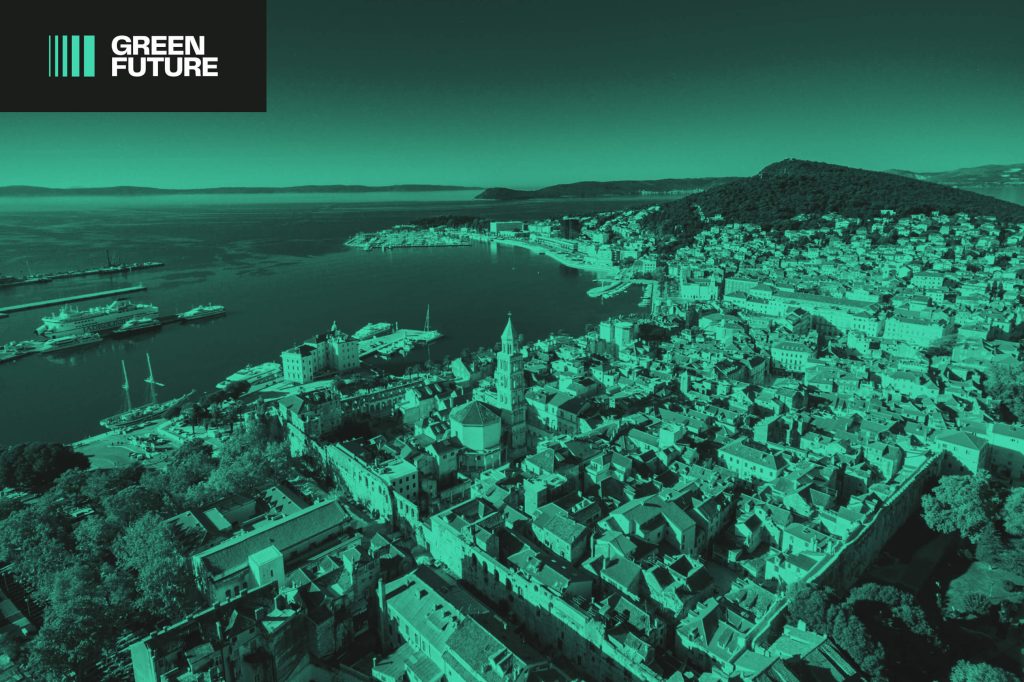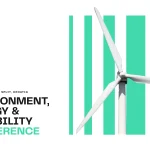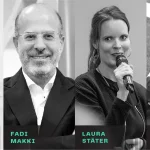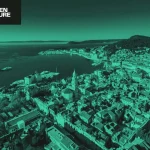The Conference is therefore supported by two of the largest Croatian technology companies, Rimac Group and Infobip, and sponsored by OTP Bank and Bosch (gold sponsors) and Končar.
Speakers at the Green Future Conference come from different lines of business and technology industries and will share their knowledge, experience, and practices at the Croatian National Theatre in Split before the audience ardent to learn more about the green transition process.
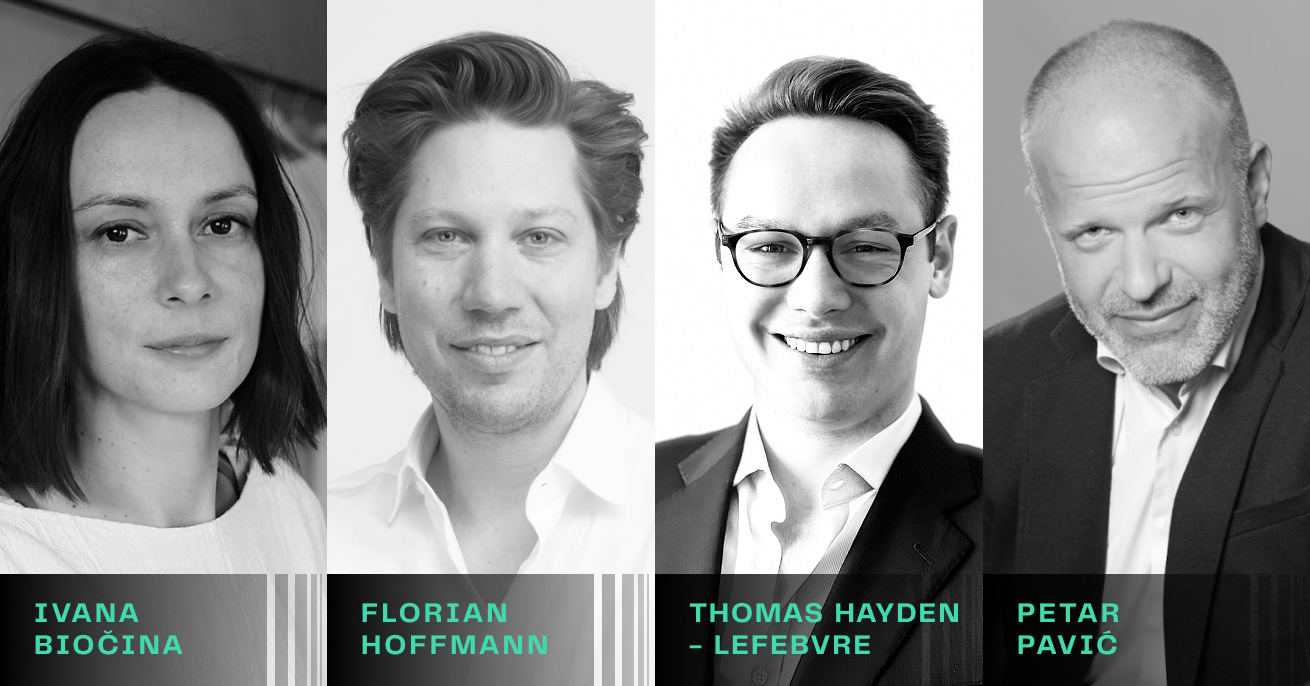
Numerous speakers have already confirmed their appearance, and besides Matija Žulj (Agrivi), Federico Cristoforoni (Eutopia), Stephanie E. Trpkov (World Bank), Ivica Puljko (Mayor of Split) Dr Fadi Makki (behavioural scientist, B4Development), Heliodor Mack (SEAK), Laura Stäter (Thai Tourist Board), Josef Mouris (ELECTRON Aviation and ELECTRON Aerospace), new speakers have been confirmed.
Thomas Hayden-Lefebvre is director of Ibex Publishing, a media company that addresses the topics of sustainable transport, aviation, green travel, e-mobility, and urban mobility. A holder of a law degree, a master’s degree in air traffic management, and a degree in politics and geography, he is passionate about these topics and how they intertwine.
“The green transition is a vital and comprehensive concept for all types of organisations, no matter the industry or geographical area. Organisations and individuals need to adapt to the pressing challenges of climate change, and as a media company, we are here to provide decision-makers at all levels and everyone around them with the information they need to achieve their goals. ‘Green’ is not just the latest trivial buzzword because anyone who claims to be going green must accept the existence of climate change, the need for an ecological transition and the multiple social, economic, and environmental challenges faced by citizens, businesses, governments, and communities. Without cross-sectoral collaboration, clever ideas might go to waste. The Green Future Conference in Split is the perfect opportunity for citizens, businesses, governments, and NGOs to come together, speak frankly, and share new and innovative solutions to local and international challenges,” Hayden-Lefebre said.
Petar Pavić has a degree in interactive communications from Virginia Tech. Having worked in various digital media outlets, from creative stores to publishing companies, and having received various international awards and recognitions in digital marketing and communications, he co-founded S.T.A.R. Digital Group – a regional market leader in digital marketing that holds proprietary technology platforms present in SEE markets, and whose clients operate across the EU. He is an active presenter in the field of environmental sustainability and the founder of the PlasticFreeCroatia.org initiative.
Ivana Biočina is a textile engineer, designer, and author of three books on textile industry and sustainable fashion. Having gathered plenty of theoretical and research experience, in 2021 she founded the Institute for Sustainable Fashion in northern Croatia which focuses on local artisanal products made of sustainable fabrics without textile waste, provides training courses and spreads the word about sustainable fashion. The clothes made at the Institute for Sustainable Fashion are handmade, comply with responsible production principles, do not contain toxins and plastics but are made of vegan, organic and biodegradable materials and natural dyes obtained from local plants. The Institute for Sustainable Fashion is focused on organic growth and nurtures connections with local women and companies looking to uphold principles of sustainability. Building a regional community, empowering and learning are at the heart of the Institute for Sustainable Fashion. Sustainability is weaved into every segment of its operations, from production, materials, design, sewing, packaging, end of life of the garment, sales, buyers, to the business model.
“Since the textile industry is one of the oldest, most globalized, and largest industries in the world, the green transition is of paramount importance. Before it is complete, a garment may have circled the globe more than once. Each step of the production process takes place in a different country – the garment may be designed in the EU, but it is produced in Asia to circumnavigate production laws. This creates an imbalance when it comes to the impact on humans and the environment. Also, the textile industry does not foster innovation because progress and development are considered only in terms of competition. In short, there is a lot of work to do, we have only just started, and changes are needed at every turn. Fashion manufacturers and brands must team up with suppliers, investors, lawmakers, NGOs, the academy, and consumers to create a new eco-system that supports disruptive innovation and business models. There is no escaping the problem – it would be irresponsible to pass the buck to the next generation. There is a quote that says our survival depends on whether we wake up and change. Voices that strive for real change must be encouraged to speak up and join forces. I see that Dalmatia is resolved to become one of the centres of green thinking and I hope that Split will position itself as a city that changes and fosters change,” Biočina said.
Florian Hoffman (founder and CEO at The DO) is a social innovator and Oxford-educated philosopher who has become an influential serial entrepreneur. Florian believes in the importance of bringing different people together and finding new solutions to the great challenges of our time. All his ventures and activities are aimed at building a community while launching a new economy that is innovative, sustainable, and fair. So far, he has built up the community with hundreds of high-ranking business and state leaders, over 50,000 young social entrepreneurs from around the world, and launched more than a hundred products, services, and new solutions that have affected the lives of millions of people worldwide.
***
The Green Future Conference will be the centre of exchange of knowledge, experience, new technologies and solutions, as well as innovative policies on green transition – a process that will come to the forefront of the economies of Croatia, the European Union and the rest of the world in the years and decades to come. The conference agenda and the speakers will be presented on the official conference website in due time. Early bird tickets are available until April 15.
The Conference is also supported by the City of Split, Croatian Chamber of Economy, Eutopia, Dwelt, Profico and Vajt. Entrepreneur Magazine, Media Servis, Dalmatian portal and Split Tech City are our media partners. The event is supported by Cornaro Hotel, Galaxy Travel, and Paradox Hospitality and their services.
For more, check out our dedicated lifestyle section.

